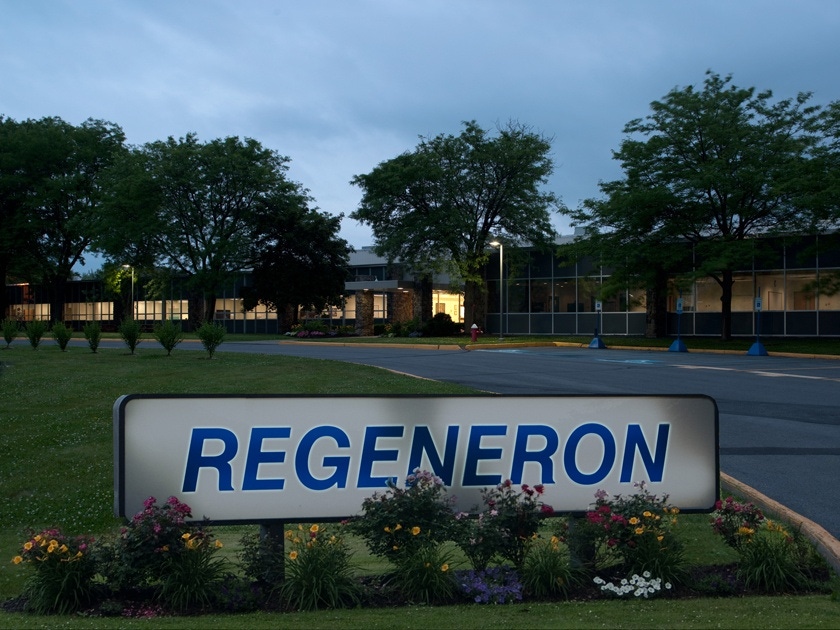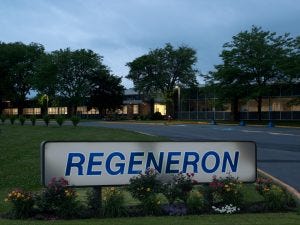Content Spotlight
Podcast: MilliporeSigma says education vital to creating unbreakable chain for sustainability
MilliporeSigma discusses the importance of people, education, and the benefits of embracing discomfort to bolster sustainability efforts.
February 12, 2020

Regeneron says higher Dupixent (dupilumab) sales drove an increase in manufacturing and collaboration costs in Q4.
In the US, Dupixent brought in revenue of $605 million (€554 million) in the final three months of 2019, up 136% on the comparable period a year earlier.
Similarly, global net sales of the drug in the fourth quarter increased to $752 million, up from $319 million in 2018.

Image c/o Regeneron
Regeneron senior vice president Marion McCourt told analysts: “We continue to see strong prescribing trends across all indications with total prescriptions growing approximately 18% compared to the third quarter.
“Atopic dermatitis remains a significant growth driver for Dupixent. The brand continues to outpace other biologic launches in dermatology and there is significant room for further penetration.
“In asthma Dupixent is outperforming other recent biologic launches with nearly 80% of Dupixent asthma patients being new to biologic treatment,” she added.
Dupixent is a human monoclonal antibody that is designed to specifically inhibit overactive signaling of two key proteins, IL-4 and IL-13. It is used to treat atopic dermatitis, asthma and chronic rhinosinusitis.
The drug is part of Regeneron’s collaboration with Sanofi, which began in 2015.
Robert Landry told investors the deal with Sanofi generated revenue of $427 million in the quarter, adding that Regeneron recognized a profit of $104 million.
“Increases were driven primarily by higher Dupixent net sales, partially offset by the rollout of the Dupixent asthma DTC campaign, as well as incremental cost to support ongoing global Dupixent launches,” Landry said.
The Dupixent sales hike increased Regeneron’s costs according to Landry.
“The year-over-year increase in cost of collaboration and contract manufacturing was primarily due to recognition of manufacturing costs associated with higher sales of Dupixent.”
Collaboration and contract manufacturing (COCM) costs for Q4 were $115 million, compared to $73 million equivalent period in 2018. The pattern continued the trend seen in the third quarter when COCM costs were $111 million, up from $80 million in Q3 in 2018.
Regeneron’s COCM costs have increased for the past few years. In 2017, they amounted to $195 million. The following year they reached $254 million.
According to an assessment report released by the EMA, “Dupilumab active substance (AS) manufacturing is performed at Regeneron Pharmaceuticals, Inc., Columbia Turnpike, Rensselaer, USA.”
You May Also Like